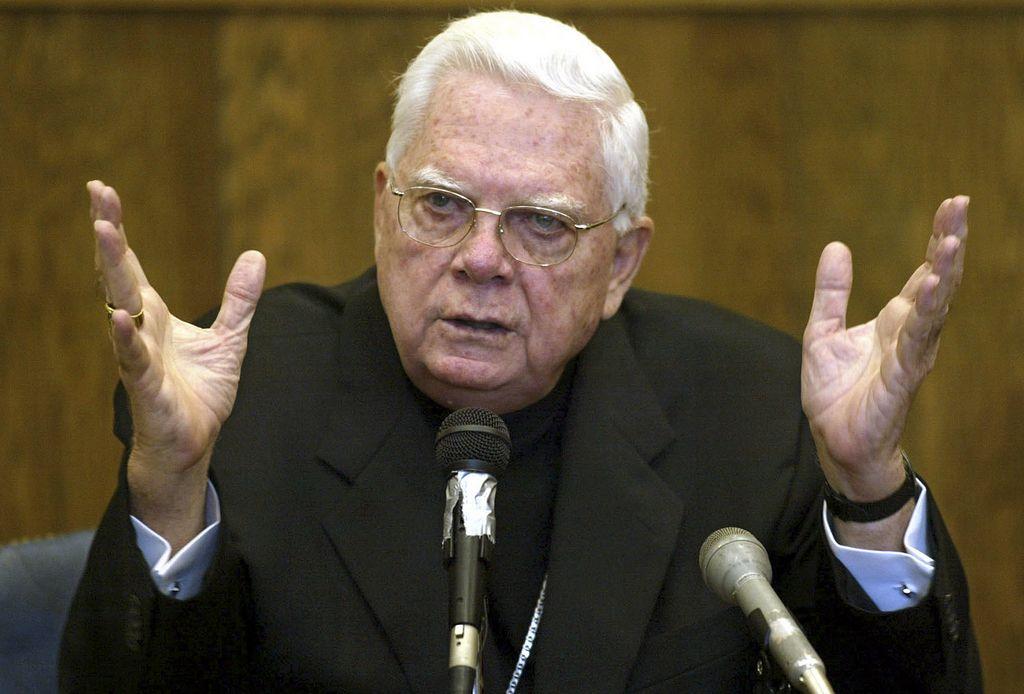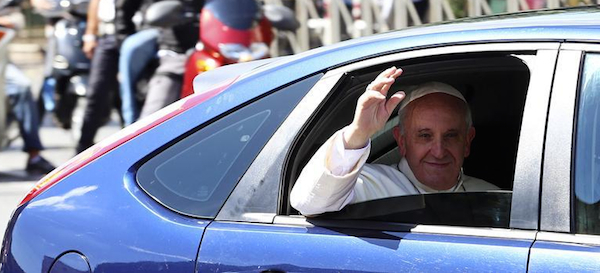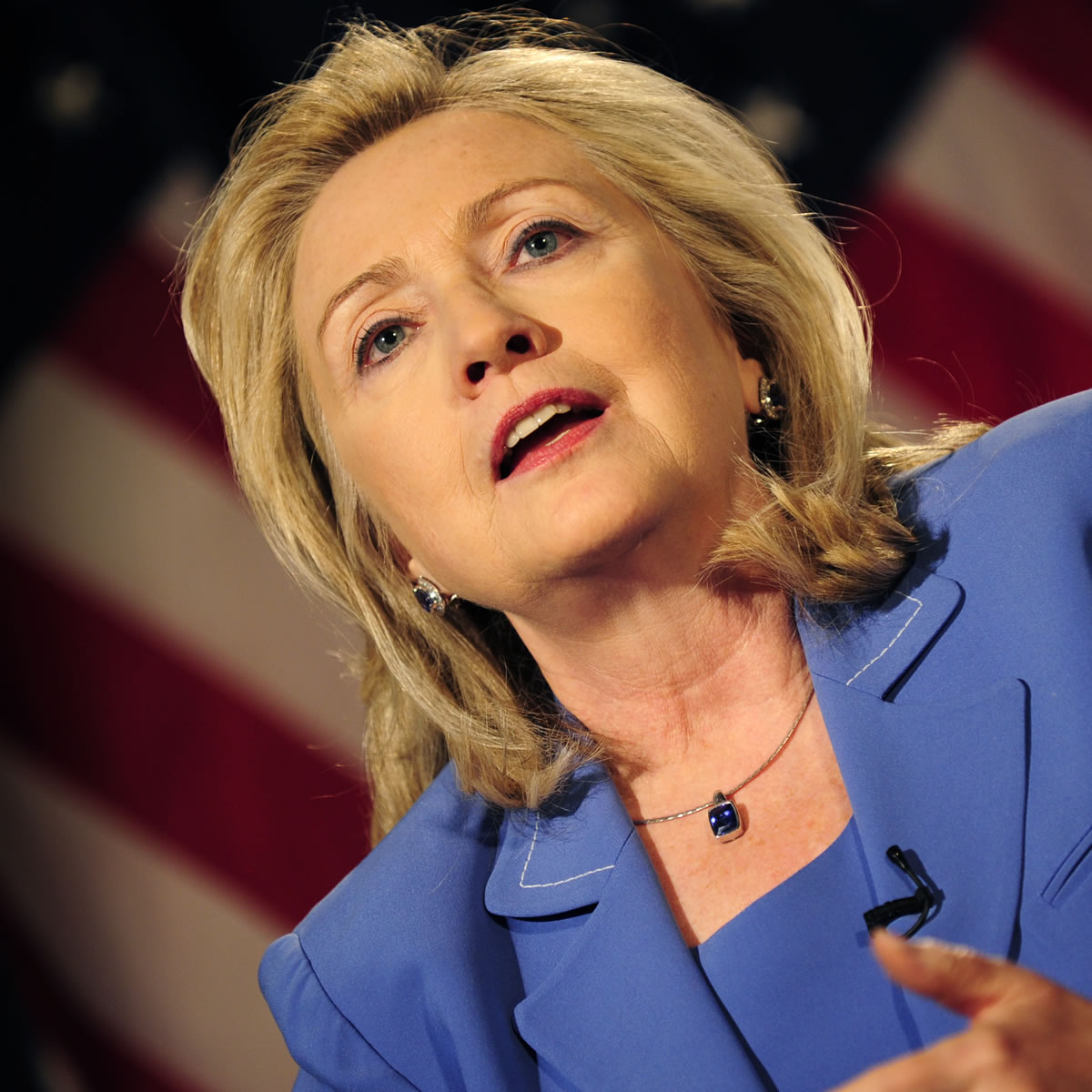Soliciting money under almost any circumstances is not easy. But it does become a little easier if the cause is good. In many dioceses throughout the United States, the Church continues to be faced with paying out millions of dollars to abuse victims as part of settlements to the innocent victims of clergy abuse. Just a few days ago, the Archdiocese of St. Paul and Minneapolis announced a settlement as part of its bankruptcy. Some 450 victims will each receive part of a $210 million dollar settlement. All but $40 million of the settlement will come from insurance carriers but sadly some $40 million will have to come from parishes, the archdiocese, the pension fund, and real estate sales of what is left of the bankrupt archdiocese.
I think that this is an unprecedented situation and, unfortunately, will be repeated in many of the 15 bankrupt Catholic dioceses in the United States. The actions of a small number of clergy in these dioceses created a financial burden that is overwhelming. Regardless of the circumstances, many bishops are faced with the sad task of asking faithful parishioners to fund sexual abuse settlements over which they had absolutely no control. Parishes will be closed and their assets sold but these sales will never yield enough money to cover the settlements. So how does one ask the people of these dioceses to give money that does not add one red cent to the betterment of the lives of the poor or homeless living in these dioceses?
There is no easy answer. Part of the rhetoric in the settlements is that the Church had let these victims down. You bet they did. The problem becomes even more complex in that the sexual abuse was created all over the world. It did not just occur in the Archdiocese of St. Paul and Minneapolis. For more than three decades, the Catholic Church has been rocked by sex abuse scandals spanning the globe. Payments to successful plaintiffs are only one of the expenses the Church faces. There are spiraling lawyers’ fees, insurance bills, and an increasing number of insurance carriers that have balked at paying settlements for “intentional acts” of sexual abuse by certain dysfunctional priests, thereby requiring entire dioceses with the sole responsibility of paying.
As dioceses exhaust their insurance coverage, they face the prospect of cutting back on ministerial programs, borrowing from one another, and asking parishioners to give more and selling or mortgaging Church property. It is unclear how the Sunday collection plate giving, Bishops Appeals, and other fundraising efforts have been affected by these scandals because many dioceses do not release such financial information.
Unsurprisingly, many Catholics feel embarrassed and betrayed for having supported the Church while never getting any meaningful feedback. While the Vatican may rule on doctrinal and theological matters, when it comes to finances, these are an entirely different matter and anything but a top-down operation. In the United States, all 194 dioceses operate independent of the Vatican and receive no money from Rome. While some dioceses have audited financial statements and in many cases make them public, they are not required to do so. Additionally, financial statements are not required to be filed with the Internal Revenue Service as other nonprofit groups are required to do.
Despite this, many Catholics still want to give generously to their parish but not to their diocese. The problem is that many bishops have ways of controlling the parishes within their diocese and there is no way to guarantee that money given to the parish will not flow upward to the diocese. The ultimate impact of these lawsuits is that the people who are not responsible for the abuse end up paying for it. Programs get cut and the poor get hurt the most. A real and tough dilemma.








